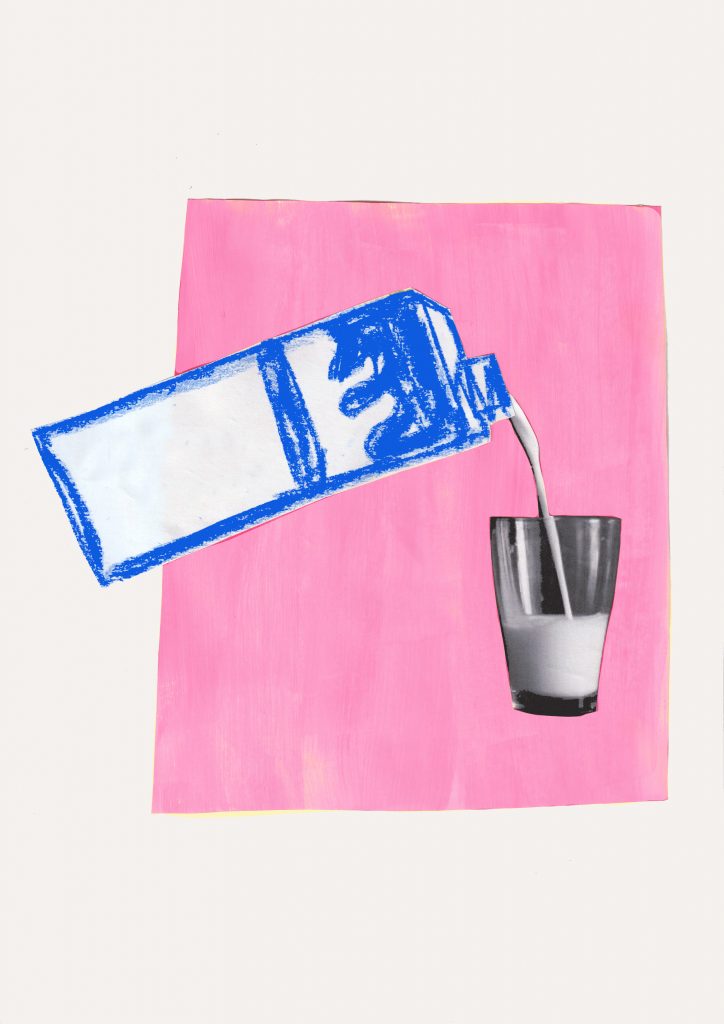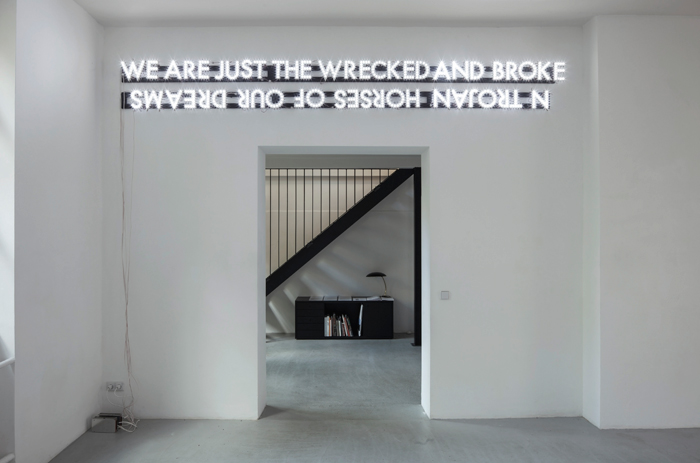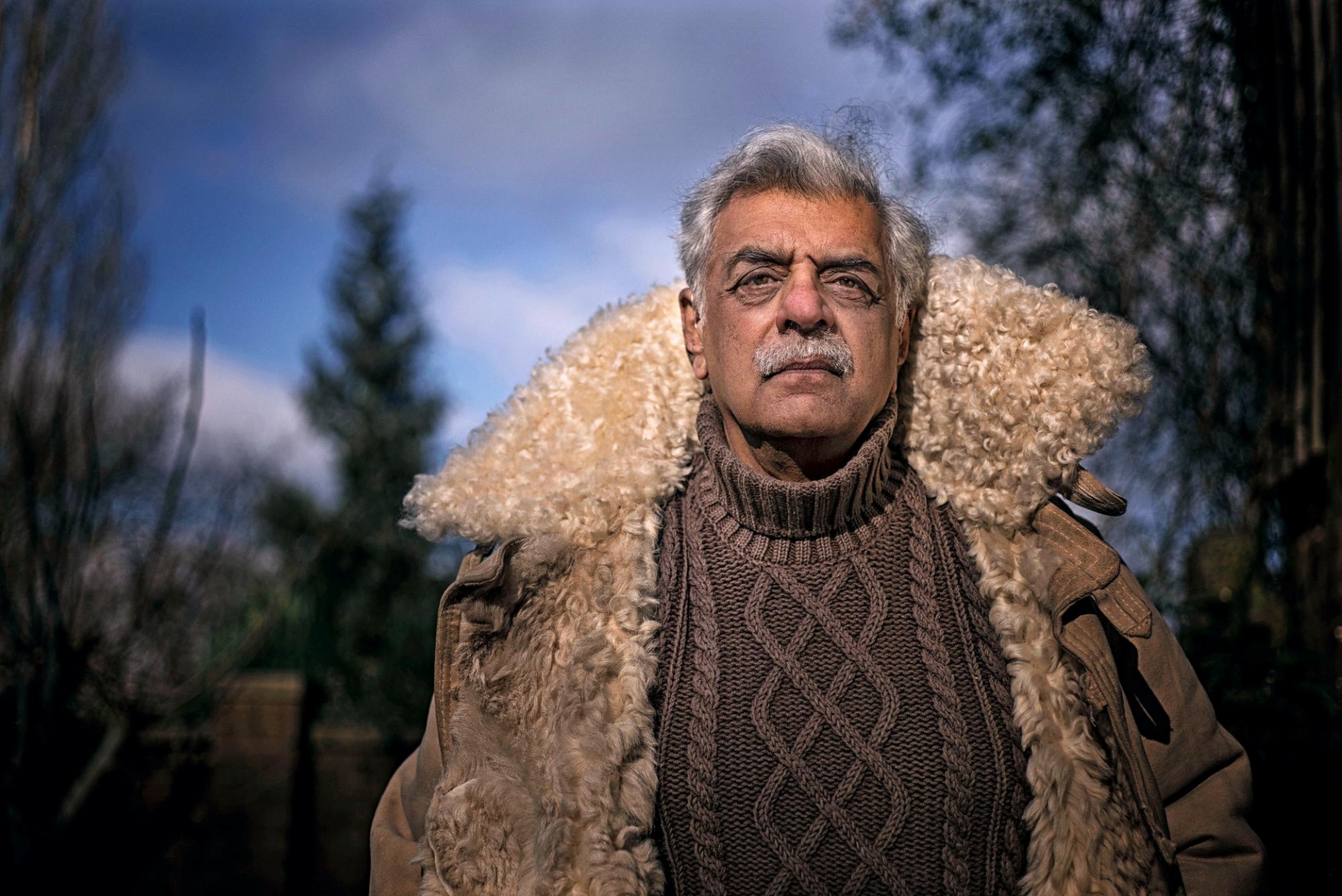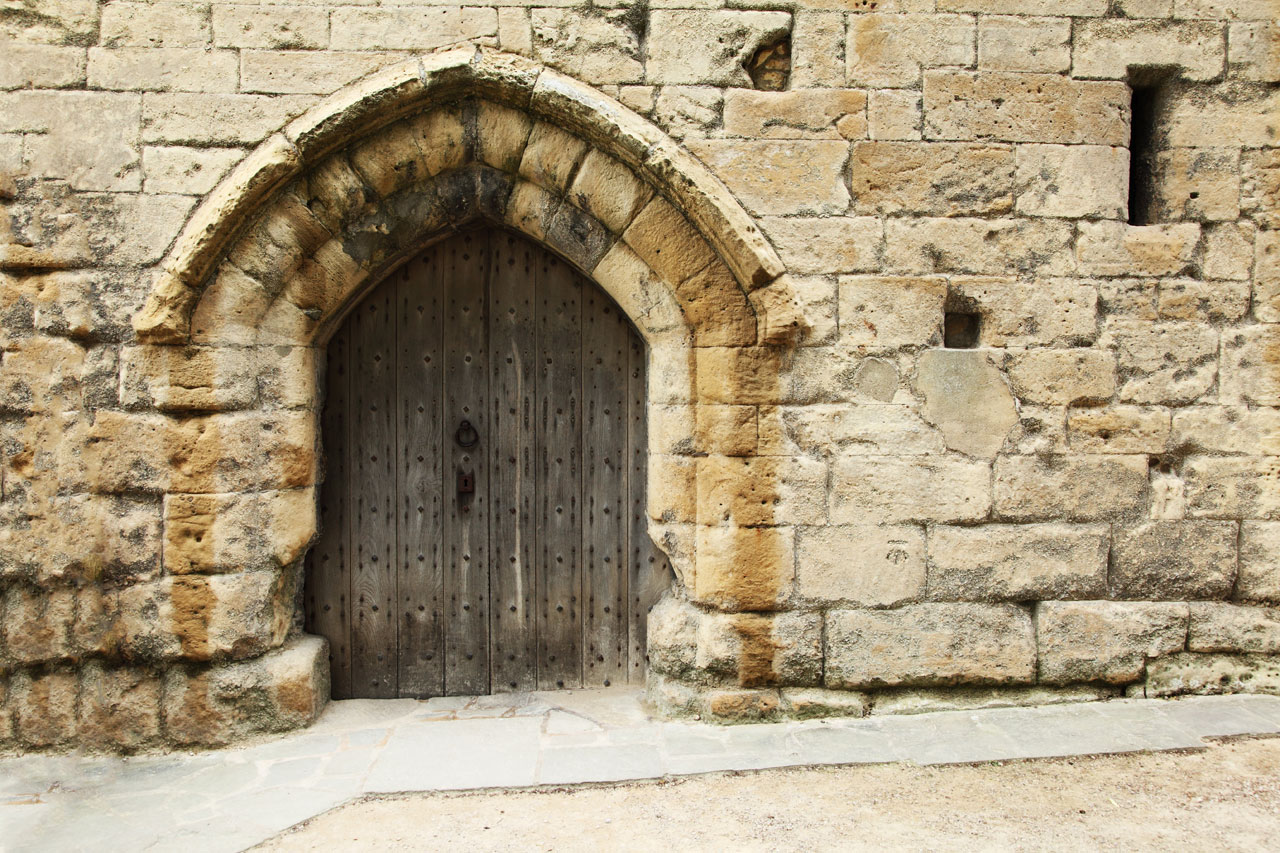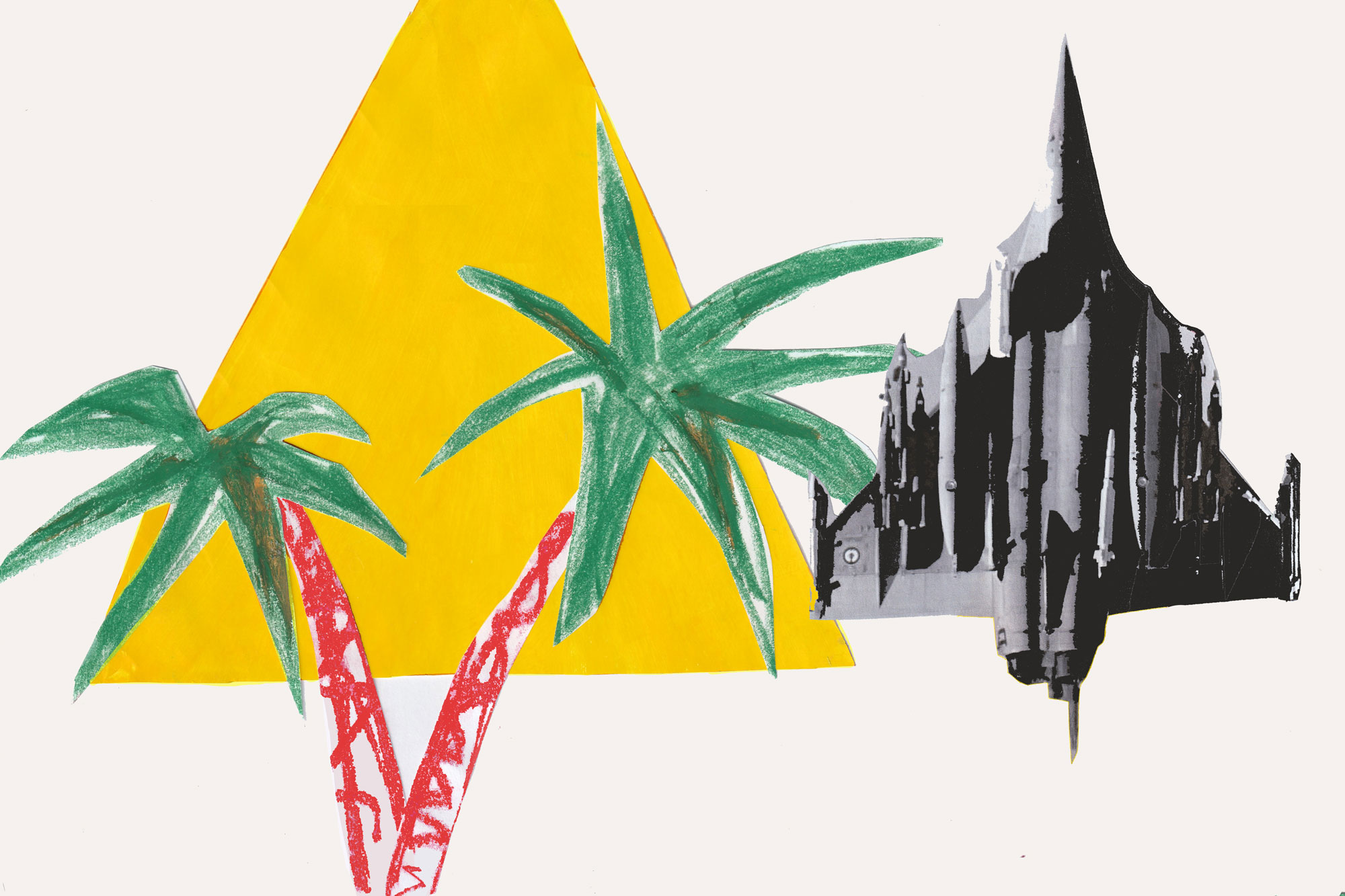
O’ahu: regular priced milk and the view over Pearl Harbour
When we arrived in O’ahu we headed for Waikīkī first. From the airport we walked to the Alamo car rental, where my father talked to the desk as my mother sat in the plastic chairs between me and my brother, sobbing as quietly as she could. “We’re safe,” she kept muttering to herself. In a scolding tone, as if her own words were ridiculous: “We’re safe, we’re all safe, everyone’s safe.”
We had spent a week already in Hawaii, on the Big Island. Our trip lasted two weeks total over Christmas, a trip to do all the things we couldn’t afford to do when we lived there. Before my brother was born, when it was just my mother and my father and me, we used to spend leisurely Saturdays on “circle drives” on the narrow roads along the edge of the island. This is what we did on the Big Island, perusing the farmers market in Hilo, wetting our toes on the beaches at Waimea and Punulu’u, trekking through the jungle to reach Akaka falls and climbing the peak of Mauna Kea at sunset. We all wore Hawaiian shirts and pretended that we were regular tourists – that this land meant nothing to us.
My father drove, because we were all on edge, but none more than him. This was the second time that year that we had travelled somewhere for him to face what had happened there. When my father is on edge it is best to put him in charge, to give him something to fixate on. He controlled the stereo and played the Hawaiian Christmas music I’d grown up with on an endless loop. My mother alternated between weeping and staring out the passenger side window towards the ocean. I sat in the back, reading Moby Dick and thinking about power.
Like tourists, we drove straight from the O’ahu car rental to Waikīkī beach, ogling the skyscraper resorts and the overflowing, desktop-background stock beaches. My parents trailed behind, pointing out hotels or restaurants or landscaping that did not exist in the Honululu of sixteen years ago.
“Excuse me,” my mother stopped and asked a custodian at the Royal Hawaiian hotel. “Where are the penguins?”
“Sorry?”
“The penguins — there used to be penguins here,” she gestured at a drained fountain along the walkway. “Have they moved them? Are they inside?”
The custodian was confused. “We don’t have any penguins here. I’m sorry, ma’am.”
“They probably haven’t had penguins here in twenty years,” my father laughed abruptly.
“It really has been that long, huh,” my mother said.
My parents ushered us to the beach where I’d celebrated my first birthday, me and the other military kids frolicking in the white sand. It hadn’t been so commercial in those days, my mother said. I nodded along, though it was still one of the most stunning places I have ever seen, will probably ever see.
She walked us through the Honululu military hotel, an unassuming place, repeating the same stories that we’ve all heard hundreds of times. Leaving the lobby, she turned to my father and asked if there was anything else we needed to do before leaving Waikīkī.
“The BX,” he said. “For Alex’s cold.”
I’d picked up a slight cold in the past twelve hours and my mother had insisted we wait until we got to a BX before buying anything. “There’s one in the hotel,” she shooed us down a hallway. “Many good times buying Advil and Gatorade for hungover troopies in this particular BX.”
BX, short for Base Exchange. My mother insisted on waiting for the BX for tissues and throat lozenges because of the absurd prices in Hawaiian civilian stores. “It’s like five dollars for a gallon of milk in a regular store,” she whispered. “I’m not paying that.” The BX is always cheaper than local prices, through legal means one prefers not to consider deeply. If there’s a BX (which sells anything a department store would, in addition to military-specific items like uniforms or chem gear) my mother will insist we go. In California or Oklahoma or Washington – where the difference had been a few cents – I hadn’t paid it much mind. But here it’s different. Harder to suck on the lozenges and swallow the Tylenol and not just feel sicker.
Even when I am not in Hawaii these are the circles I run around to make sense of things, to let myself sleep, to decide when to stop marching or reading or refreshing news apps or leaving messages in senators’ clogged voicemail boxes. The fact is that half the time it comes down to money. When my mother was active duty we were poor, and it is hard to feel like you are exploiting anyone when you are poor, even when you are. But my mother hasn’t been active duty for a long time, and we had the money, finally, to take a trip like this, the way other middle class Americans could.
Not to say that we didn’t visit old haunts as well. When we lived there my mother and I used to sneak into the Hilton Waikoloa Resort and make a day of it, pretending to be tourists. On the Big Island my father spent a day at a retreat because my mother thought he needed to relax, so the rest of us went first to the Puako Petroglyph Park, where ancient Hawaiians engraved enigmatic symbols into lava flows, and then to the Hilton to play rich.
I’d spent a lifetime perfecting my casual poolside impression of a paying guest so I thought I knew what a nice hotel looked like. I didn’t realize that with enough money and disregard for the natural environment you could create a paradise. We spent hours wandering lagoon after artificial lagoon, watching tourists swim and kayak with sea turtles. We watched a dolphin show from under a waterfall. I spent the whole time with my mouth open, stunned and disoriented, slowly realizing that when people gushed about Hawaii, this theme park garden of delights no local would recognize is what they meant.
After I take my lozenges and tissues and Tylenol we drive to the base. My mother always loves this part, when she hands over her military ID to the guardsmen at the gate and they salute her and call her Major Chasteen. It’s a level of respect she isn’t given often.
As we drove into base my mother pointed things out to my brother and me. It is rare we hear new military stories from her, as my mother, like all military people, has the habit of telling the same few stories over and over.
We had come to the base mostly to see our old condo. The Joint Base Pearl Harbor-Hickam, or as the Air Force called it, Hickam. Pretty, lush, straddling the small body of water synonymous with our country entering World War Two; but not terribly exciting. Twelve moves and sixteen years later, my parents still remembered the exact address. It should have been an easy house to find because it was on the corner, and all the houses on the officer street had plaques with the name and rank of the officer living there, but it took a good half an hour of arguing as my mother and father went back and forth for a good ten minutes about whether they remembered a specific tree in our old front yard, before deciding they did remember it, and that the houses just looked different now.
After we found it we just stood on the sidewalk and stared. My father pointed to where a lānai once stood; where he was when they phoned him to tell him he had been accepted into a PhD program. My mother found the patch of shrubbery where she’d taken a particularly cute photo of me riding a tricycle. We tried to peek into the windows, to see what the insides looked like now, but the curtains were drawn.
As we walked back to the car, a jet took off and passed overhead. If you have only heard a plane’s engine from inside the fuselage, imagine that sound a thousand times greater. The loudest sound you have ever heard.
“That’s the sound of freedom, children,” my mother shouted over the din. “That’s the reason your mother can’t hear shit anymore.” It was impossible to tell whether or not she was joking.
We took some photos in front of a statue near HQ. My brother was hungry so we stopped in the base cafe for fried chicken and my mother told stories and wept. My father sat, silent, ate nothing. I stared past my mother, patting her back where appropriate, gazing across the perfectly still waters of Pearl Harbor. We took more photos in a memorial garden and then drove away. “And now we’re back in 2017,” she sighed with audible relief as the car was waved back through the gates.
When I was younger everyone assumed that as a military brat I would be a patriot and were confused when I was not. My mother held and still holds contradictory and confusing opinions about the things she’s done: “Your job in the military is to do two things, kill people and break things,” she always said. “And the terrible thing is that I would go back in a heartbeat if they asked.”
Only later, when my father had wandered off to find an espresso and my mother and I were sat in the boba shop drinking taro milk tea, did she told me the whole story of why we’d made the trip. She had received a phone call whilst a deployment to Saudi. One day — my mother didn’t say it was beautiful, but I’m sure it was, even in the dead of winter the cloudless sky burned blue over the line of palm trees in the center of our street like in cheesy shots of Hollywood and leafy trees I couldn’t identify slouched above the sidewalks — our across-the-street-neighbor Angela had sat on her porch and watched my dad leave and take me out for the day. Apparently we went to the zoo. She came over in the afternoon to invite us for a barbecue with some of the other families we were friends with, who all had kids my age. No one answered the door, and when she looked in the window, she saw me, cross-legged, eating carrot sticks and watching Blue’s Clues on the television. And she saw my father, collapsed unconscious in an enormous pool of his own vomit on the living room floor. The doors and windows were all locked. The cops had to break the door down and bring my father to the big pink building that was not the regular hospital where he was kept for a week. They gave me to Angela, who was their friend and knew what to do with me. I probably thought it was a play date. Then the officers cleaned the house from top to bottom, so my mom wouldn’t have to come back to a house full of vomit.
It took my mother three days to make it back to Hawaii to handle everything. It later turned out that my father’s blood alcohol level had been .4, far beyond what humans normally survive. A miracle, we guessed.
He’d had problems with alcohol for years and it would be more years and another suicide attempt before my father got sober. The last attempt had been in Rome, a city we’d visited earlier that year for similar reasons, where my father had sat stony-faced on double-decker bus tours in the July heat as our sweat pooled in the plastic seats and my mother had wept. Another gorgeous backdrop, another place that needed to be seen to be believed.
But Rome was different, because I was ready. When my father went to Rome I knew he had vanished and was legally missing for three days. When my father came home I knew he’d given himself the deep scars in his forearms, though I was eight and didn’t know what it meant yet. When he left for months after for rehab I knew a little better what that meant. As I got older I pieced together what I had, and couldn’t decide if the parts I knew or the parts I didn’t were worse.
This is something I cannot separate from O’ahu: regular-priced milk and the view over Pearl Harbour together with my mother being commended and my father lying in a pool of his own vomit. None of these things cancel the other out but it is impossible to keep Hawaii in my mind as a place without thinking of all of them at once. All of these things I was too young to grasp, sometimes even to remember, all these details I only know because my mother decided they were worth telling.
When I was fourteen and hospitalized for a week for suicidal ideation, my mother figured I deserved to know the full proper Rome story, narrated staring straight ahead in the family visiting room as my father and brother played ping-pong with the other patients. I was surprised, though I shouldn’t have been, at how little I knew, at how much worse the story could get.
I don’t know if there are more incidents, more picturesque destinations where my father has been locked in hospitals. I don’t know what I would hear if I were to ask. I’m not sure I want to know another story, or if two is enough. ∎
Words by Alex Chasteen. Art by Issy Davies.


